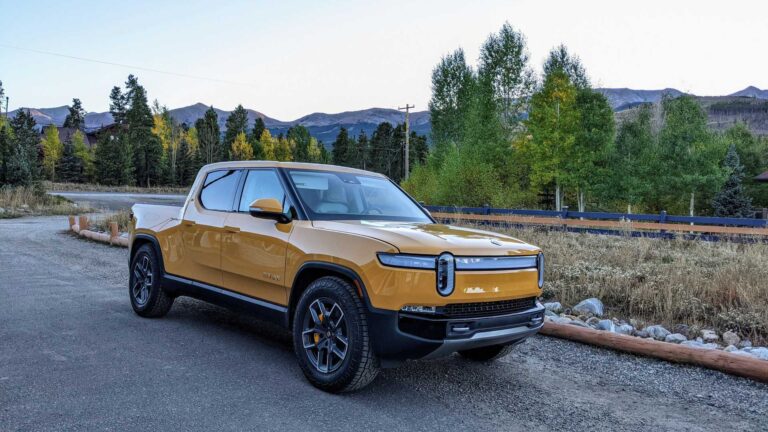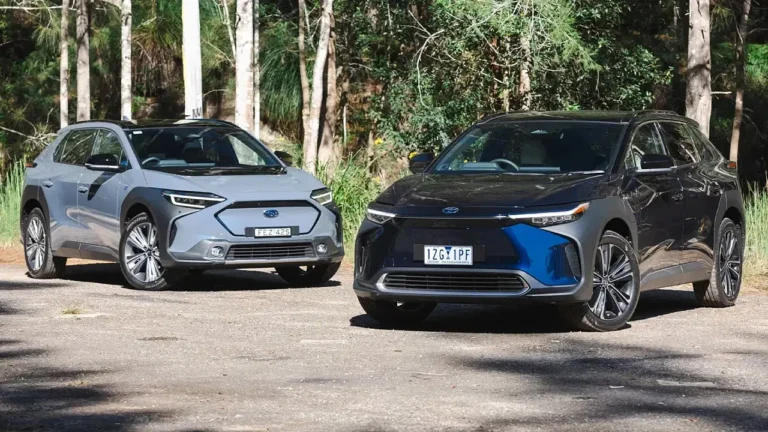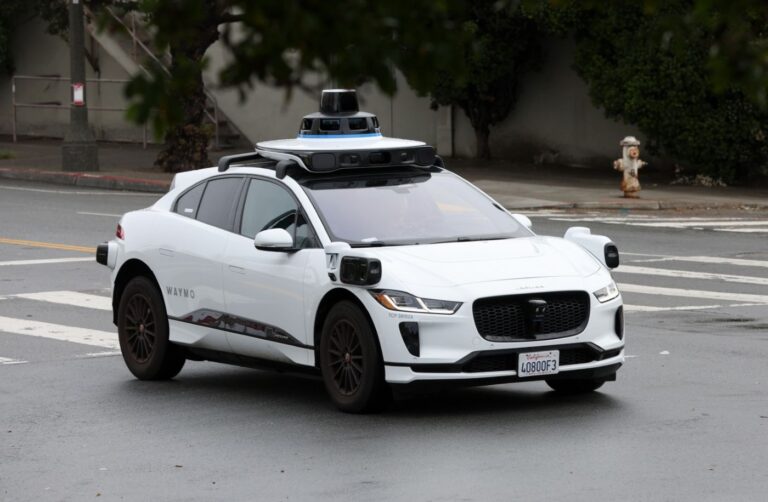Toyota is strengthening its commitment to hydrogen technology with the introduction of its 3rd Generation Fuel Cell System. This latest advancement is set to be more robust, efficient, and significantly more cost-effective than its predecessors. While some automakers are shifting away from hydrogen in favor of battery-electric alternatives, Toyota and its long-time partner BMW are taking the opposite approach.
BMW’s Longstanding Hydrogen Journey
BMW has been experimenting with hydrogen power for decades, beginning with the E12 5 Series in 1979, followed by models like the V12 750hL in 2000, the H2R, and, more recently, the iX5 Hydrogen. Despite the company’s persistent efforts, a mass-produced hydrogen-powered SUV has yet to hit the market. However, that is about to change.

BMW iX5 Hydrogen Based on the G65 Platform
The next-generation X5, internally designated as the G65, may finally bring a hydrogen production model to market around 2027 or 2028. The current iX5 Hydrogen, which is limited to fewer than 100 units worldwide, already incorporates a Toyota-supplied fuel cell. Given Toyota’s advancements, it seems increasingly likely that BMW will adopt the 3rd Gen Fuel Cell System for its future hydrogen-powered SUV. The advantages are compelling: a 20% increase in range, double the durability, and a more compact yet cost-efficient design.
Hydrogen as a Game-Changer for BMW
This potential shift could mark a turning point for BMW. The German automaker is aggressively expanding its electric vehicle lineup, with the Neue Klasse leading the charge. Additionally, its Spartanburg facility in the U.S. is set to manufacture at least six all-electric models by 2030. This suggests that the next X5 could be offered in multiple versions—an all-electric iX5 and a hydrogen-powered iX5 Hydrogen—providing customers with greater flexibility beyond battery-powered options.

The Case for Hydrogen Vehicles
Critics often question the viability of hydrogen-powered vehicles, and their concerns are valid. Hydrogen infrastructure remains underdeveloped, particularly in regions like North America, where refueling stations are scarce. For instance, New York City currently has none.
However, Toyota and BMW are betting on a shift in the industry. Sectors such as heavy-duty trucking, rail transport, and maritime shipping are increasingly embracing hydrogen as a sustainable long-term energy solution. As demand grows in these industries, refueling networks are expected to expand, making hydrogen-powered vehicles more accessible for everyday consumers.
A Promising Future for Hydrogen-Powered BMWs
If Toyota’s 3rd Gen Fuel Cell System delivers on its promises, it could provide BMW with the missing link needed to make hydrogen a key component of its future lineup. And that future isn’t far off—the production-ready BMW iX5 Hydrogen is expected to arrive in 2027.



